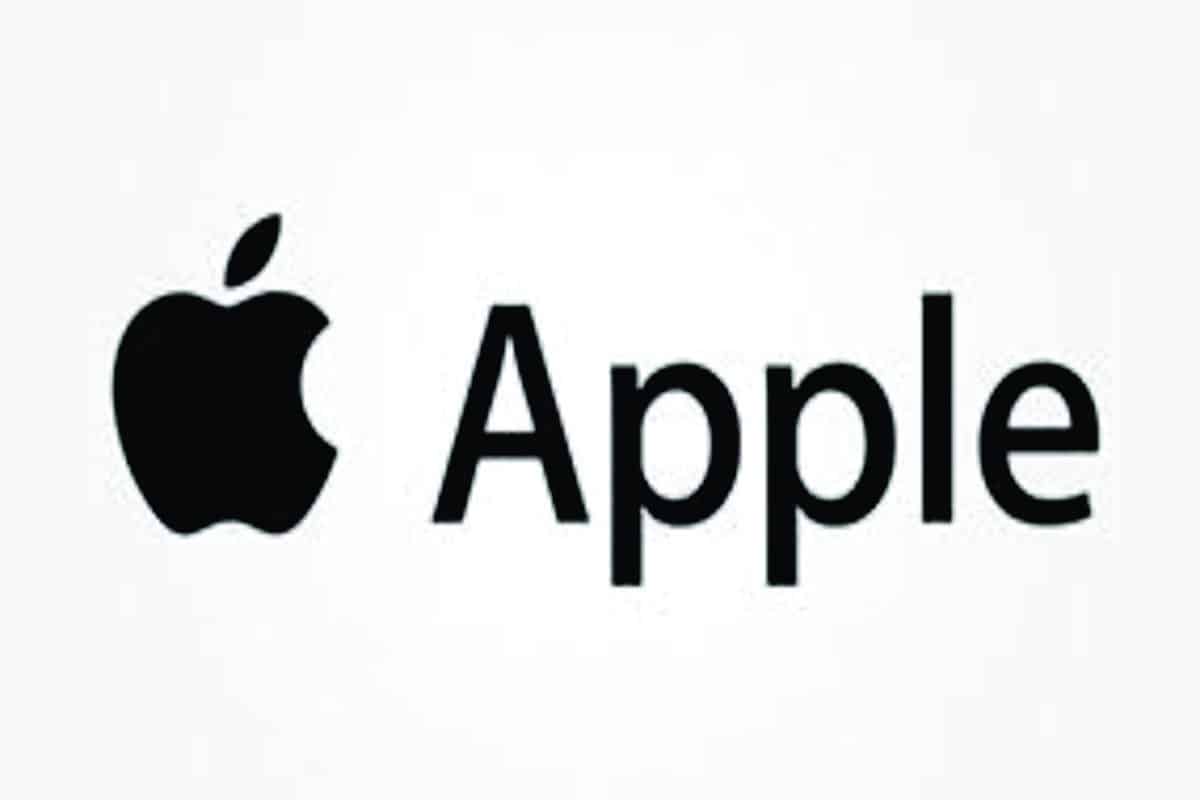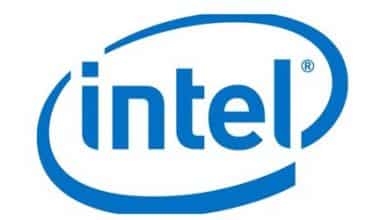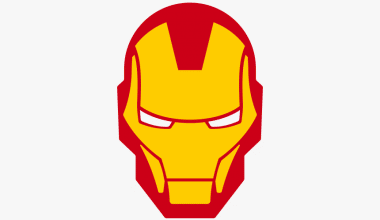As the digital world takes over the marketing space swiftly, the Apple brand follows suit at the same pace. Unarguably, this’s a brand that goes the extra mile, exceeding expectations, leading and dominating the marketing platform in the tech world. Moreover, it has optimized customer experience and expectations.
Each customer or user of Apple brand has an intriguing experience. With their superb products displayed in phone stores and slots, you can’t seem to not take a third look at them as you yearn to have one or more of their products in your possession. There’s this feeling of fulfillment that comes when you buy Apple products. Moreso, to others, it is an opportunity to earn respect, having a high-ranking placement in society.
That being said, let us look at Apple’s customer experience and the 7 things the brand represents.
Read More: MOST VALUABLE BRANDS 2022
What does the Apple Brand represent?
The Apple brand has become a valuable asset and has successfully created a euphoric atmosphere, an all-new brand customer experience in the lives of their customers. Therefore, the brand represents creativity and passion.
The Apple brand personality is solely about lifestyle, imagination, actualization of dreams and aspirations, innovations, and liberty to the people through technology.
Apple is an I.T brand in which customers have fierce loyalty, having built a stellar reputation via voluntarily trading and accepting criticisms from customers. This is how apple creates value for customers, as they build strong convictions about its products compared to its competitors.
Read More: CREATING A BRAND THE APPLES WAY
7 Things Apple Brand Experience Mean To Customers.
#1. Advancement:
Truthfully put, you can’t use an Apple product and remain an amateur technologically. There’s no pain in agreeing to the fact that the Apple brand is incredibly powerful, technical, and at the top echelons of I.T gadgets in the world. Customers take notice of recent models of its products introduced and surely, there’s always improvement recorded meeting their needs satisfactorily.
#2. Productivity:
The Apple brand has built trust with its customers over the years. Its productivity rate has been remarkable over years. Apple has improved its brand’s customer experience in this regard, to the benefit of consumers.
A different countercase is that of Nokia.
#3. Communication:
Apple brand experience means communication with customers. And this is another strategy it has taken to broaden its space in market positioning. Today, there are different options customers can switch to in order to air their views; make suggestions, ask for help, inquire about the product, and relate well and interact with the customer care representatives. All of these are lacking in other brand products but have created an edge for the Apple brand.
#4. Simplicity In Complexity:
Apple products are often complex but appear to be simple still. Accordingly, the technique incurred is one that other brands need to learn and understand. Apple helps reduce the complexity of its products, in fact, it simplifies its users’ guide manual, web page, and detailed description and package. Apparently, the beautiful designs and structures of Apple products satisfy its customers. The company understands the need for its customers to be aware of the pros and cons of the utilization of their products. Hence, the use of simple, precise, and direct words was instrumental in passing information across to its customers, in their language.
#5. Broadened Connectivity:
The Apple experience goes beyond its stores, that is, spreading its tentacles across various cities and locations in the world. Connectivity begins the moment you take a step in the purchasing journey, down to unveiling the product and utilizing it.
#6. Possibilities:
With the introduction of its thrilling features, the Apple brand never ceases to amaze its customers and the world at large. Apple depicts that everything is possible; every idea and dream is achievable, with determination and consistency.
#7. Acceptance:
Apple has shown that little things matter. Their acceptability has earned them the leading position in the world of tech. Hence, customers show more interest in the Apple brand as the company accepts and acts upon their feedback. This brings about the satisfaction of their needs.
There’s, indeed so much to learn from this tech giant.
Read More: How Apple built their brand
The Apple Brand Personality
Apple has a branding strategy that is mostly based on emotions. The beginning point is how you feel after using an Apple product. Apple’s brand personality is about lifestyle, imagination, reclaimed liberty, innovation, passion, hopes, ambitions, and aspirations, and bringing technology to the people.
Apple’s brand identity is also about removing complexity from people’s lives, human-centered product design, and being a really humane firm with a sincere connection with its customers. Apple is positioned as being tremendously beneficial to people (and businesses) as they attempt to attain their objectives thanks to these features.
Apple’s Customer Franchise and Brand Equity
The Apple brand is not only familiar with its customers; it is also well-liked, and there is a strong sense of community among users of the company’s main product lines.
Apple’s brand equity and customer franchise are both incredibly strong. The “Mac community’s” love for Apple products, for example, not only kept the firm alive for long of the 1990s (when it appeared to be a dead duck from a logical economic standpoint), but it also allows the corporation to maintain pricing that is higher than its competitors.
It’s possible that if the Apple brand didn’t command such a high price in so many product categories, the corporation would have abandoned the personal computer market decades ago. In recent years, Apple’s profits have benefited directly from its great brand equity, since the business has substantially reduced its production costs while maintaining strong brand equity.
The Apple Customer Experience
The enormous promise of the Apple brand is, of course, a huge task for Apple to meet. Apple’s goods are not only created to fit the brand promise but also to keep it. They are inventive, attractively designed, extremely ergonomic, and technologically advanced.
Apple recognizes the importance of all aspects of the customer experience, as well as the need for all brand touch-points to reinforce the Apple brand.
Apple has expanded and strengthened its distribution capabilities by opening hundreds of its own retail outlets in key cities across the world, most of which are up-market, high-quality shopping destinations.
Apple’s retail reach grew dramatically as the iPhone business grew, thanks to the telco companies’ retail shops. Apple has also expanded the scope of its online stores and enhanced the accessibility of iPads and iPods through other dealers who do not ordinarily sell computers.
The highly successful Apple Retail shops allow potential buyers to get a firsthand look at Apple’s brand values. Visitors to Apple Retail encounter a dynamic, no-pressure environment in which they can learn more about the Apple family, test out goods, and obtain training and practical support on Apple devices at the stores’ Guru Bars. Apple’s retail personnel is kind and knowledgeable, and they demonstrate their passion without being obnoxious or overbearing.
The overall impression is of a welcoming community that knows what good technology should look and feel like, as well as how it should fit into people’s lives.
Apple Brand Architecture
Even while heavily investing in the Apple iPhone, iPad, iPod, and Apple Music products, the corporation maintains a “monolithic” or master brand identity – everything being connected with the Apple name (or the Apple logo).
These products are part of Apple’s current product lineup, which also includes the iMac, iBook, iLife, iWork, iPhone, iPad, and iCloud. Despite significant marketing spending surrounding the iPad, Apple has been unable to build an I brand. While the I prefix is reserved for consumer products, it is absent from numerous Apple products (including the Mac mini, MacBook, Apple TV, Music, AirPort Extreme and Time Capsule, Safari, QuickTime, and Magic Mouse).
Apple’s decision in 2014 to launch the Apple Pay and Apple Watch brands has resulted in the company’s newest business areas becoming even more strongly identified with the Apple brand. There is no iWatch brand, and Apple Music, Apple Pencil, Apple Pay, and Apple Watch all have the Apple logo paired with a term that explains their function as their brand identification. Apple Pay and Apple Watch have similar brand names to Apple TV, one of Apple’s long-term projects with the potential to transform user experiences in yet another aspect of people’s daily lives (an ambition reaffirmed by its inclusion in Apple’s September 2015 Special Event and again at Apple’s World Wide Developer Conference – WWDC – in mid-2016).
Apple Brand Halo Effect
Though Apple’s iPhone and iTunes music businesses are profitable in and of themselves, the company’s foray into these product sectors was predicated on a strategy of exploiting the music industry to assist Apple’s computing business gain traction.
To strengthen and re-invigorate the Apple brand personality, Apple employed iPad, iTunes, iPhone, and (extremely significant at the time) iPod. Simultaneously, these product activities are cultivating a highly relevant, compelling brand image in the minds of consumers who have never heard of Apple before.
Apple hoped that the popularity of iPod and iTunes among these new kinds of customers would lead to interest in Apple’s computer goods through the so-called iPod halo effect. This appears to have occurred. Apple’s computer sales and market share have risen dramatically since the launch of the iPod.
Apple’s ambitions for the iPod halo effect were shown most forcefully a few years ago when it promoted the iMac G5 computers with the slogan “from the makers of iPod.” The Apple brand had come full circle in this case, having been built into a branding system that began in the personal computer industry, was leveraged into the consumer electronics business, and then returned to the consumer personal computer market.
FAQ
Why is the Apple brand so successful?
Why is the Apple brand so successful? At its core, the principles of Apple’s rise to power are simple. Its mission is clear, and both staff and customers buy into it. While famed for innovation, the company is also not afraid to take ideas and make them better. In short, Apple stays strong to its brand identity.
What makes Apple unique?
It has quality-based products, including many extra features, and is well-known for its creativity and smartness. MacBooks and iPhones are the main products of Apple which are signs of success and popularity. The brand doesn’t only contain iPhone but many more advanced products with an outstanding variety.
What made Apple successful?
Apple had success with an earlier computer called the Apple II, released in 1977, and mild success with the Macintosh in 1984. Both of these computers started to age, though. Companies like IBM were making computers running the Windows operating system and selling them for far less than the Macintosh.






